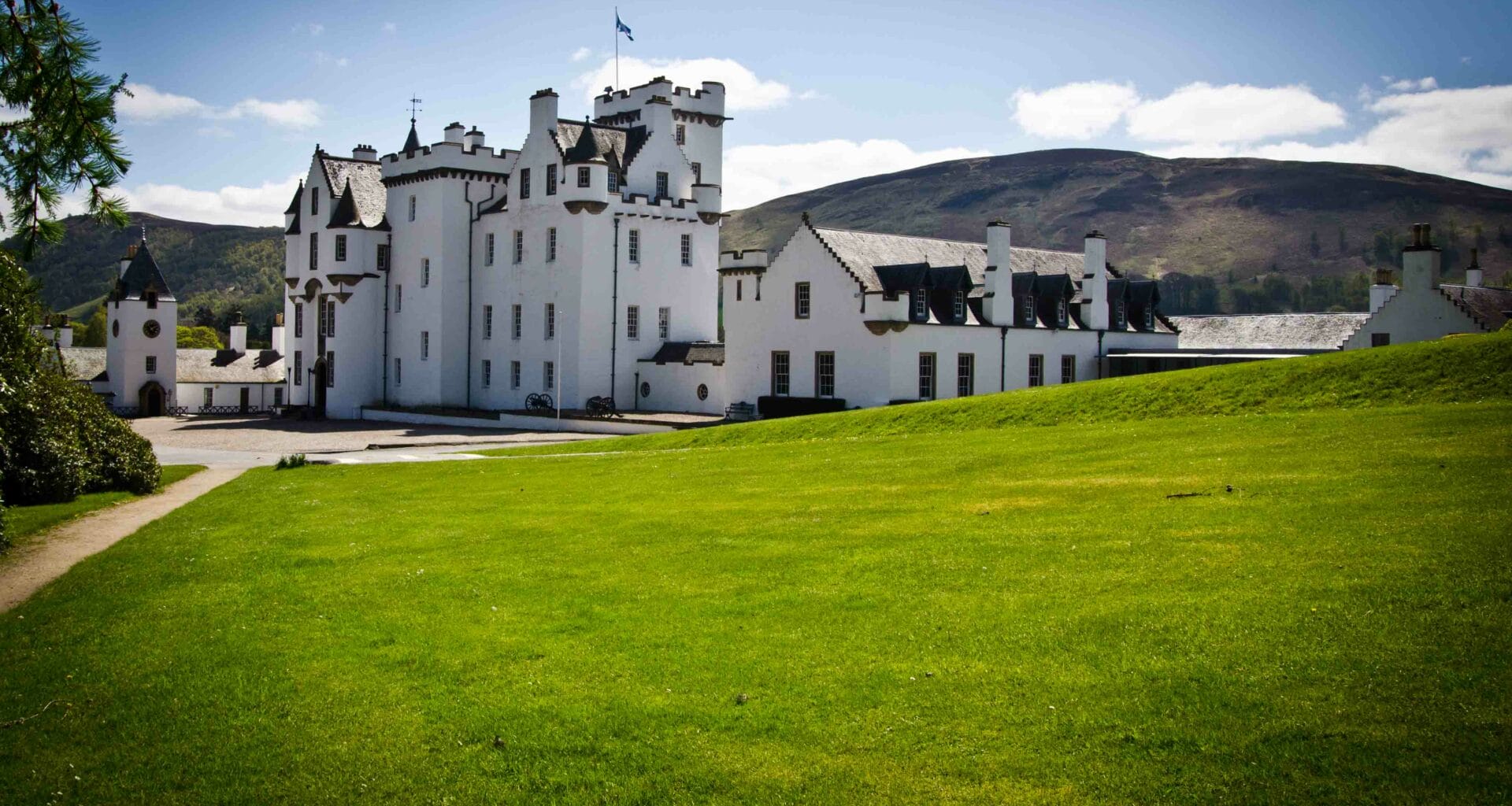Billionaire lairds, sporting estates and Conservative Party donors in receipt of millions of pounds of public grants are among the owners of businesses which broke the rules around rural subsidies, The Ferret can reveal.
Scotland’s rural payments schemes are largely designed to help farmers and land managers make a decent living, while promoting food production, jobs, sustainable land management and woodland creation.
But inspectors found rule-breaking on a mass scale between 2018 and 2022, mostly from applicants claiming more money than eligible for, data we obtained via freedom of information shows.
Owners or partners of companies with the most breaches include some of the UK’s richest people, hereditary lords, and the brother of Scottish secretary Alister Jack. Others include a NatureScot board member and former chair of Scottish Land and Estates, and a former adviser to Defra, which administers rural payments in England.
Some are former Tory politicians, while others have collectively given nearly £1m to the party, including directly to Jack, and to Scottish Tory leader, Douglas Ross.
Community Land Scotland called for new laws to tackle the “extractive, monopoly land ownership of the corporates, investors and lairds”.
But Scottish Land and Estates, which represents landowners, said applying for the subsidies “is a hugely complex process” and claimed it was “highly unusual” for false claims to be made. Breaches were often a result of small changes to the Scottish Government’s mapping system, it said.
Scottish Labour said that while genuine errors in applications should be treated “sensibly”, any attempts to defraud the scheme should be referred to the police.
The government emphasised that companies facing inspection are not paid subsidies until they are assessed, and are forced to return “undue payments”. Of the 11,200 applicants, more than half (6,300) made breaches.
It redacted the names of sole traders and small partnerships, citing privacy risks, but revealed the names of larger firms due to the “very low” risk of their addresses being households. These 600 named firms broke the rules 2,300 times.
The top 30 offenders received £26m in subsidies between 2018 and 2022 and nearly two thirds of breaches involved overclaiming the amount of money they were eligible for. We focused on the top named offenders in receipt of the largest subsidies. The average per recipient was £38,000. One per cent (305 out of more than 28,000) received more than £1m.
Common breaches included registering land ineligible for ‘agri-environment’ payments largely designed to tackle climate change, and failing to manage land subsidised with ‘less favoured area’ grants which provide “essential income support to farming businesses in remote and constrained rural areas”.
Dunlossit Farming

Inspectors found that Dunlossit estate, which received £1.75m in rural payments, broke the rules 79 times. The London-registered company is owned by billionaire heiress Leonie Schroder, whose family wealth comes from shareholdings in Schroders asset management firm.
Most breaches (44) at her family’s 7,480 hectare (ha) estate in Islay involved not using funds for the stated purpose, mismanaging land, and overclaiming subsidies.
An estate spokesperson said “30 small mapping changes”, some “as small as 0.1 hectares” had resulted in “technical breaches” being found after the government re-measured the estate’s land in 2019.
The government had found that hill farming activity it claimed for did not meet requirements for subsidies, but was satisfied by photographs provided as evidence of such farming activity in subsequent years, the spokesperson added.
Marchmont Farms
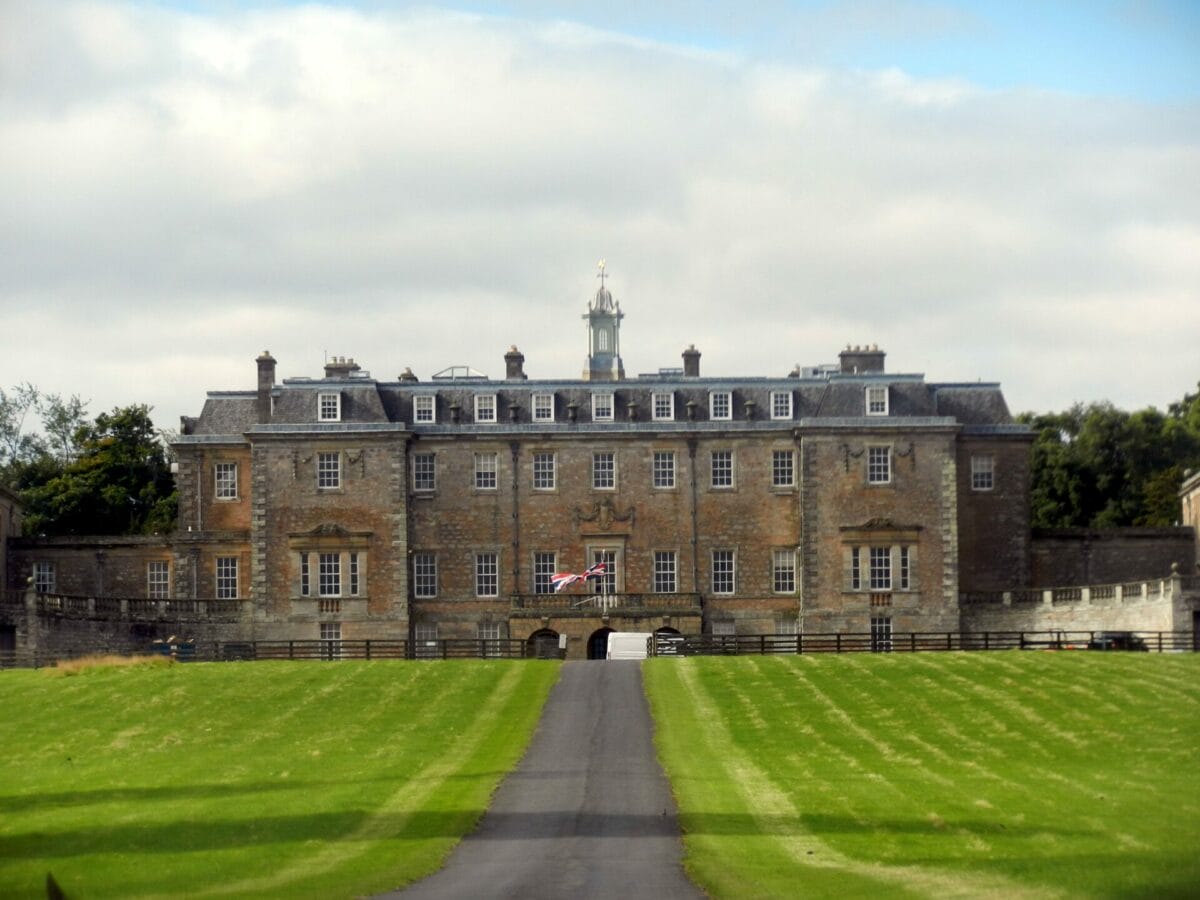
Owned by two firms incorporated in the tax haven of Jersey, Marchmont Farms received £1.23m but broke the rules 55 times, by claiming money for ineligible land, mis-managing subsidised land, and overclaiming. Forty breaches resulted in a penalty.
Oliver and the late Hugo Burge, a millionaire internet entrepreneur, restored Marchmont Estate’s mansion, which now serves as a creatives’ retreat. In 2015, their company gave £2,000 to the Tories, and in 2022, reported £45m in land and other investments.
Lochtower Ltd
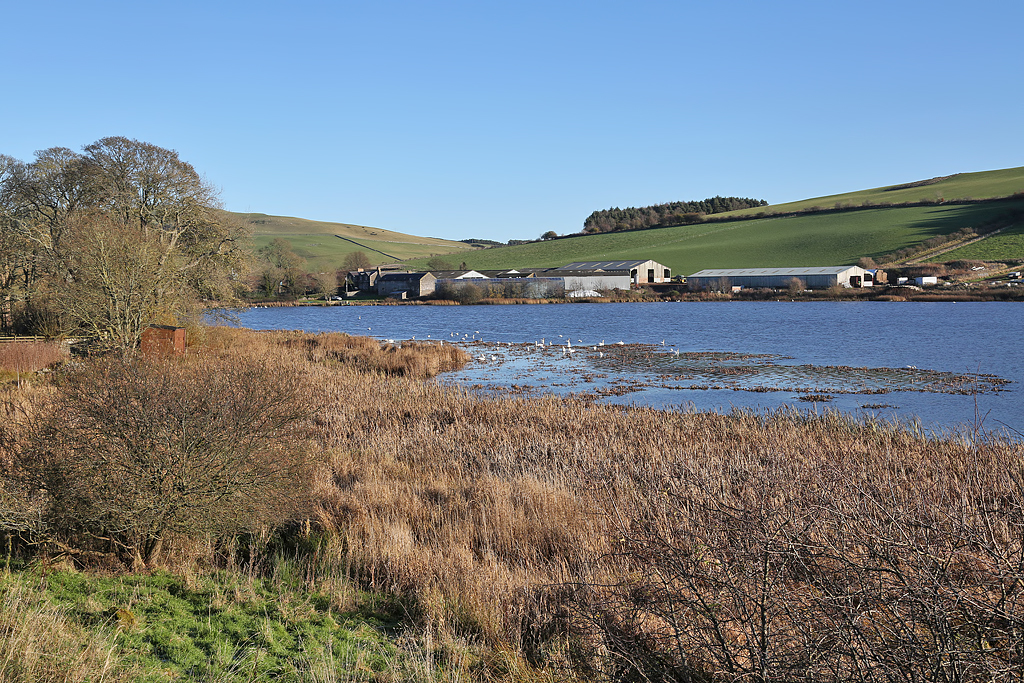
Lochtower is registered in the Scottish Borders and linked to a farm of the same name. It is majority-owned by James Wauchope, while Angus Wauchope, who owns five per cent, has farmed there since March 2023.
Angus previously spent years as an ‘agri-climate’ policy advisor for Defra – the UK Government department which administers rural payments in England – according to his LinkedIn profile.
The company got £709,000, but broke the rules 49 times by overclaiming, and received 25 penalties for claiming green subsidies for ineligible land. A spokesperson claimed the breaches were the result of land remapping, with overclaims as little as 0.1ha.
Abercairny Estates
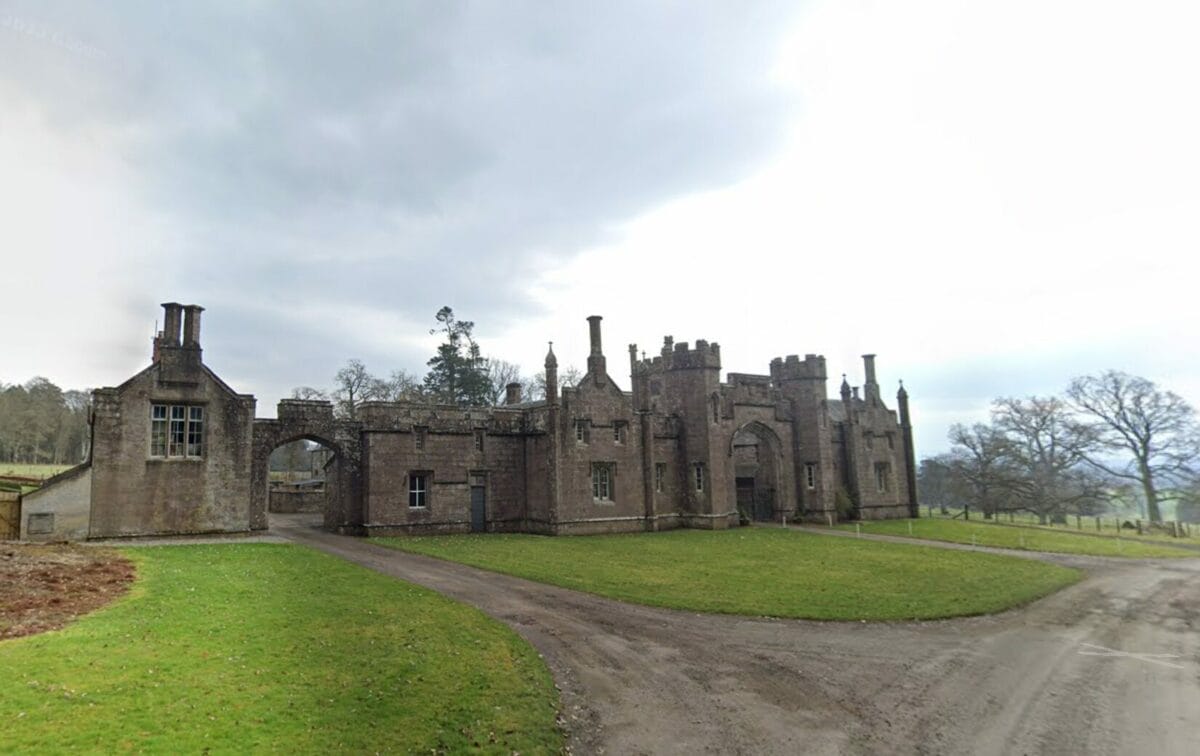
The 5,260ha Abercairny estate in Perthshire has been owned by the Moray family for over 700 years. It reportedly charges grouse shooting parties at least £2,500 and serves as a wedding and events venue.
It received £1.64m, but was guilty of 36 breaches, mostly for overclaiming, or claiming for ineligible land. A spokesperson said the breaches were owed to remapping.
“We are proud to be working with the Scottish Government on various agri-environmental schemes and any inaccuracies on the part of the estate have been very minor and crucially, non-deliberate,” they stressed.
Pearsie Estate Company
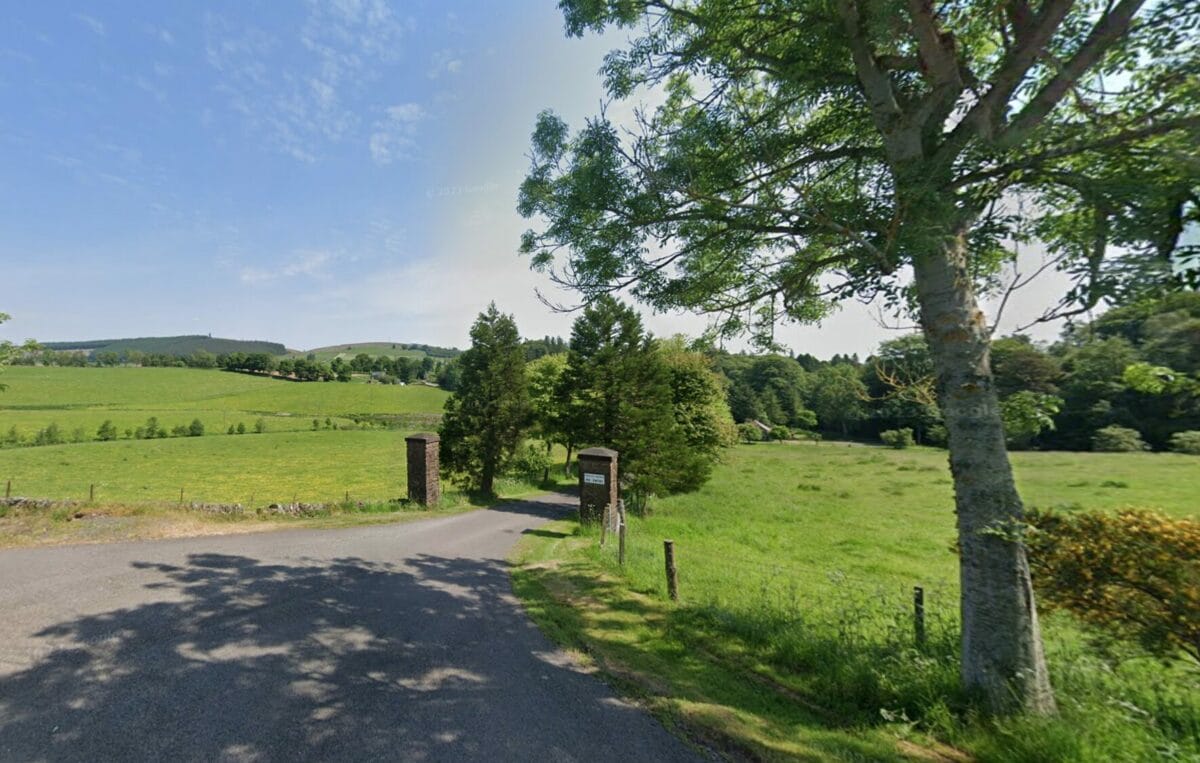
The 1,500ha sporting estate near Kirriemuir in the Angus Glens is owned by Pearsie International, the UK branch of a company registered in the tax haven of Luxembourg. Owners include Gerard Lamarche, former co-CEO of investment firm Groupe Bruxelles Lambert.
His estate received £816,000 but broke the rules 35 times with mismanagement, claiming subsidies for ineligible land, and failing to start subsidised farming activity, receiving 21 penalties. The company had two employees on average in 2022, and no employees in 2021.
Glenrinnes Farms
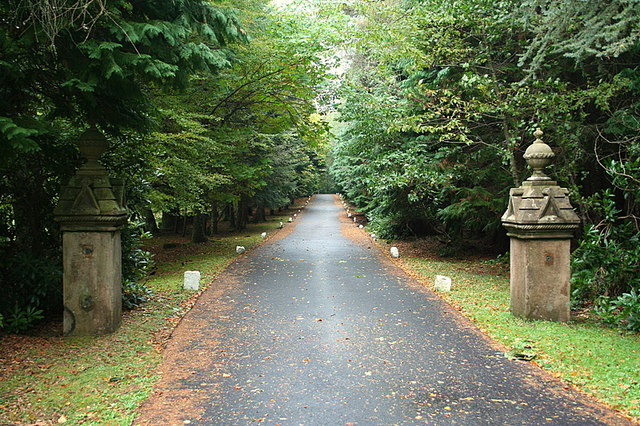
The 2,600ha sporting and farming estate in Moray received £3m, but breached the rules 22 times for overclaiming, claiming green funding for ineligible land, and mismanaging land.
Its owner, former investment banker Alasdair Locke, founded Aberdeen oil giant Abbot Group. He has given £933,000 to the Tories, including £20,000 for Douglas Ross’s successful Scottish Tory leadership campaign.
Islay Estates Company

The 20,000ha estate, which makes up much of the north of the island, is registered in Wiltshire, and owned by Alastair Morrison – Lord Margadale Of Islay – and Hon Hugh Morrison. Alastair inherited his lordship title from his late father, a Tory MP.
His estate received £2.2m, but made 21 breaches for overclaiming green subsidies, mismanaging land, failing to start subsidised farming activity, and breaching animal welfare standards.
Blair Castle Estate
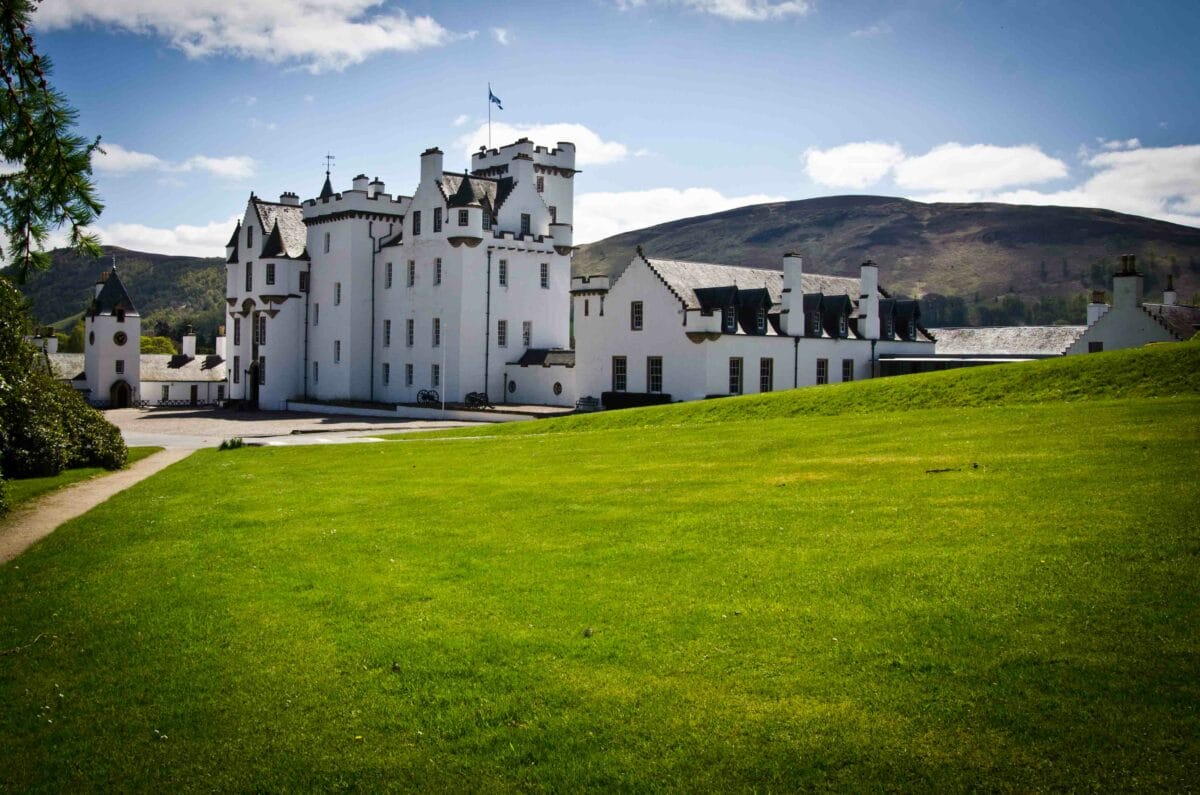
The 58,680ha Atholl sporting estate in Perthshire, owned by a trust, includes Blair Castle, the ancestral home of the Duke of Atholl – a hereditary title formerly granted an automatic place in the House of Lords.
Current duke Bruce Murray reportedly lives in South Africa, where he and his late father – who inherited the title from his third cousin – are from. It received £2.3m while committing 19 breaches for inactivity and overclaiming.
Annandale and Lochwood Estates
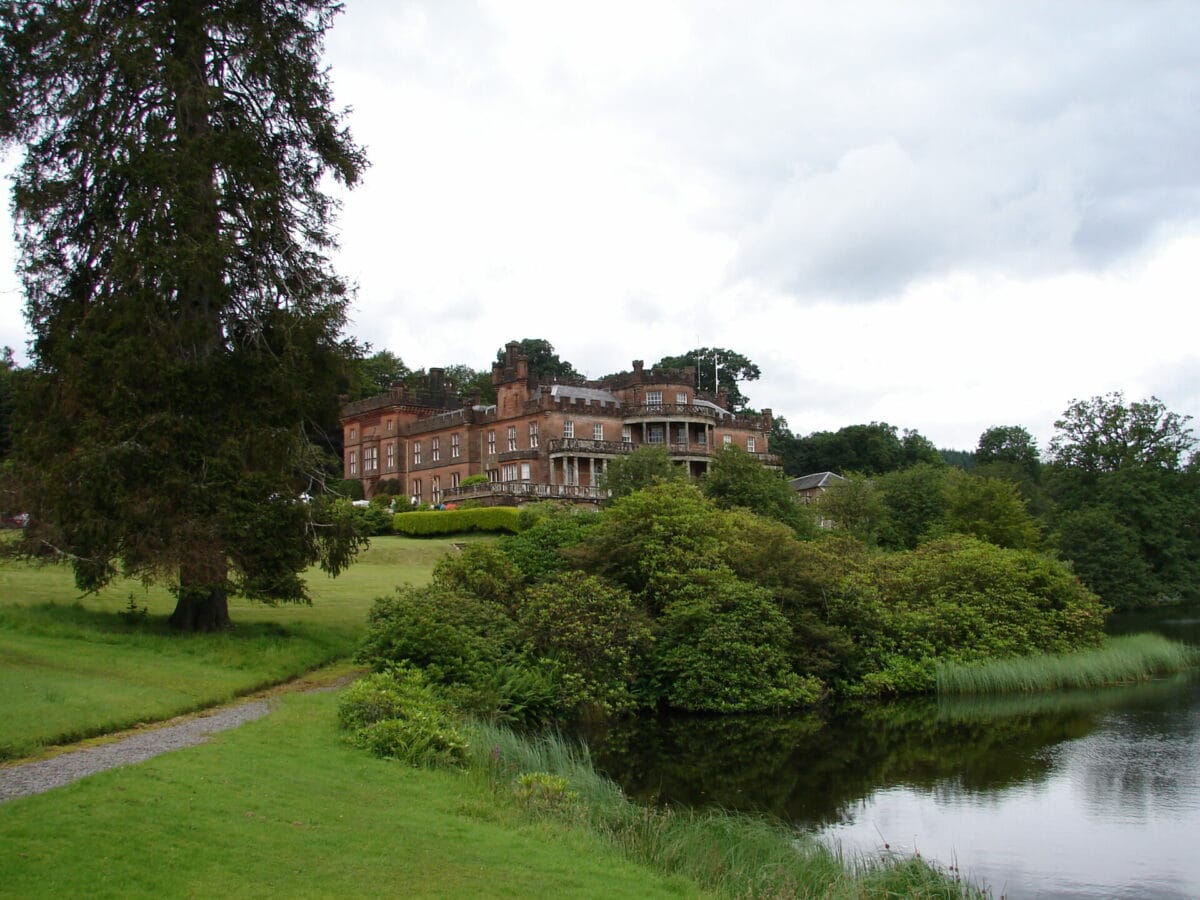
The Dumfriesshire limited liability partnership (LLP), which owns the 4,600ha Annandale Estate, received £1.7m but made 17 breaches for overclaiming or failing to start subsidised activity.
Its owners are the Earl of Annandale and Hartfell – a Tory peer excluded from the House of Lords in 1999 after a ban on hereditary peers – and his son, David, also a lord. David is a NatureScot board member and chaired Scottish Land and Estates until 2020. He is a deputy lieutenant of Dumfries – The King’s personal representative in the area – alongside the wife of local MP, Alister Jack.
The LLP’s members include James Jack, a landowner and Alister’s brother, who donated £10,000 to the MP’s successful 2019 reelection bid. Others include the director of an international hunting firm and the former head of the royal family’s 52,449ha English estate.
A spokesperson said the LLP is “owned and managed” by members, including the Raehills Trust, which holds most of the capital. Trustees “are also listed as members of the partnership on Companies House solely because of their trusteeship, as is legally required”, but were not beneficiaries or entitled to income, they stressed.
Blackford Farms
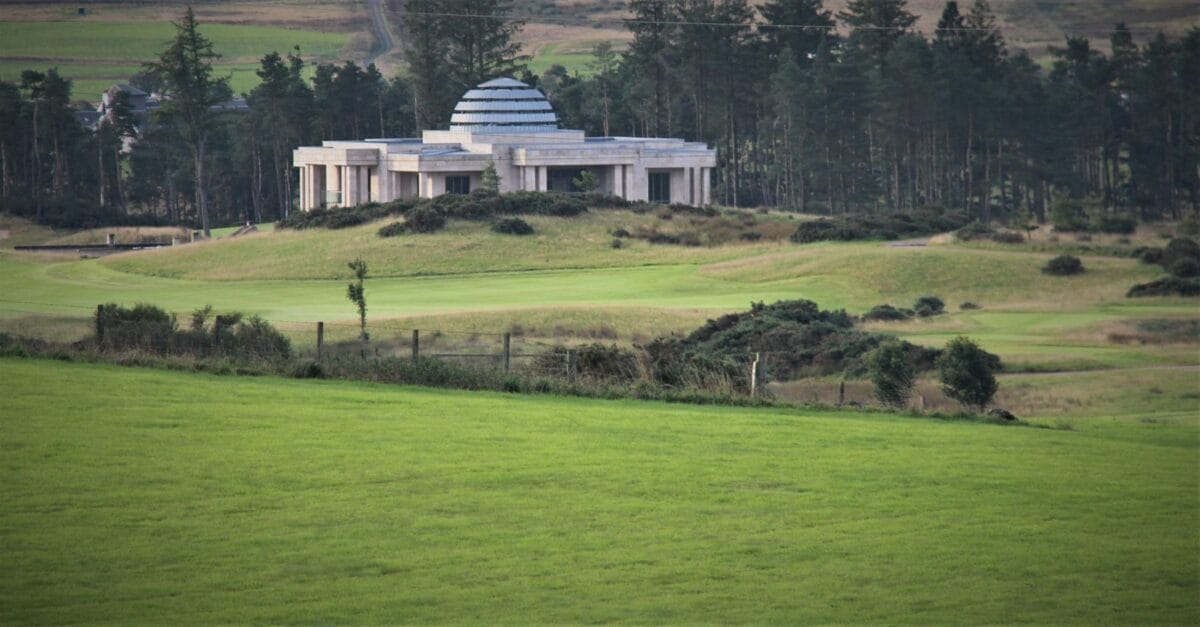
The company is owned by billionaire Mahdi Al Tajir via a firm registered in the British Virgin Islands and owned in Lichtenstein – both tax havens. It received £1.8m but breached the rules 17 times for overclaiming or misusing subsidies. His 8,000ha estate rears premium Highland Wagyu cattle.
The Ferret contacted all of the estates – or associated companies – mentioned in this article for comment.
Subsidies represent ‘extractive, monopoly land ownership’
Community Land Scotland’s policy manager, Dr Josh Doble, called our investigation “a shocking reminder of the desperate need for reform of how Scotland’s land is owned and managed”. He called for a legal requirement for landowners to comply with “a statutory code of land responsibilities”.
Alleged rural payment misuse “is the polar opposite of community landowners who use any public money to deliver local projects, build community wealth and retain jobs, people, and housing in their local area, whilst being democratic and locally accountable,” claimed Noble.
“This model couldn’t be further from the extractive, monopoly land ownership of the corporates, investors and lairds uncovered by The Ferret.”
Labour’s land reform spokesperson, Rhoda Grant MSP, said: “While a sensible approach needs to be taken to any genuine application errors, any attempts to defraud the scheme should be referred to the police.” Her party wants a subsidies cap for each company, while considering the number of jobs each one provides.
Land reform secretary, Mairi Gougeon, said: “No payments are made to claimants selected for inspection until all eligibility checks are carried out. If inspections find that scheme conditions have not been met, the final payments made to claimants are changed to match the inspection findings and avoid any overpayment.
“This may or may not lead to deductions in payments depending on the circumstance of the case. In the circumstances where a historic overpayment is made to any claimant, the Scottish Government will recover undue payments made.”
Eleanor Kay, Scottish Land and Estates’ senior policy adviser for agriculture and climate change, said applying for rural payments “is a hugely complex process” and all types and sizes of landowners had made breaches.
The “vast majority” would have been made “in good faith” and knowingly false applications were “highly unusual”, she stressed. “Errors can occur due to small-scale mapping changes when new more accurate maps are being produced or subtle changes during an inspection.
“This may result in payment reductions being made of only a few pence or pounds but will still be recorded as a breach.” Farmers and land managers receiving subsidies “are undertaking vital work to produce food and enhance nature and the environment,” Kay added.
Header image thanks to _nymeria_ CC BY-SA 2.0 DEED.












